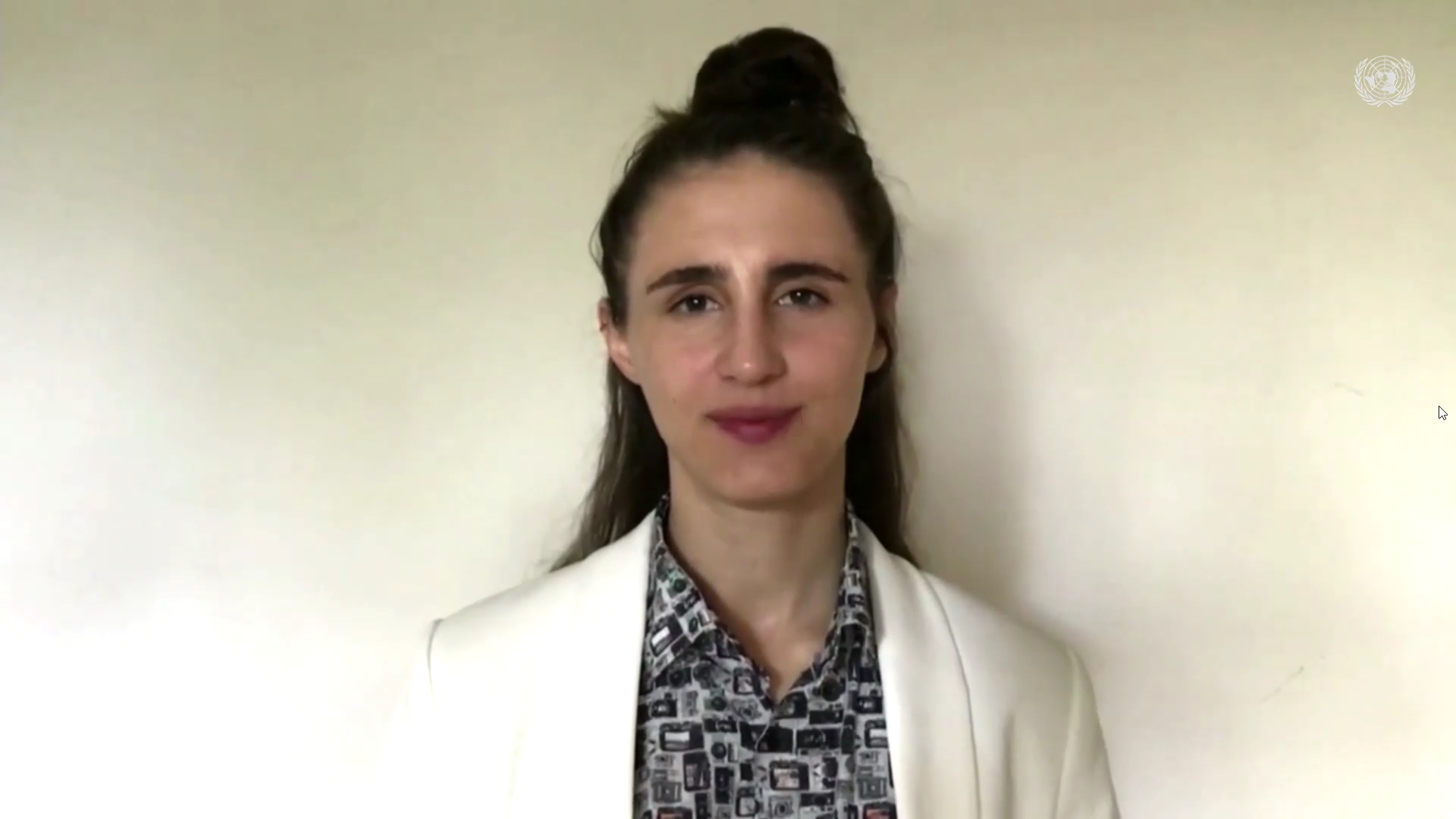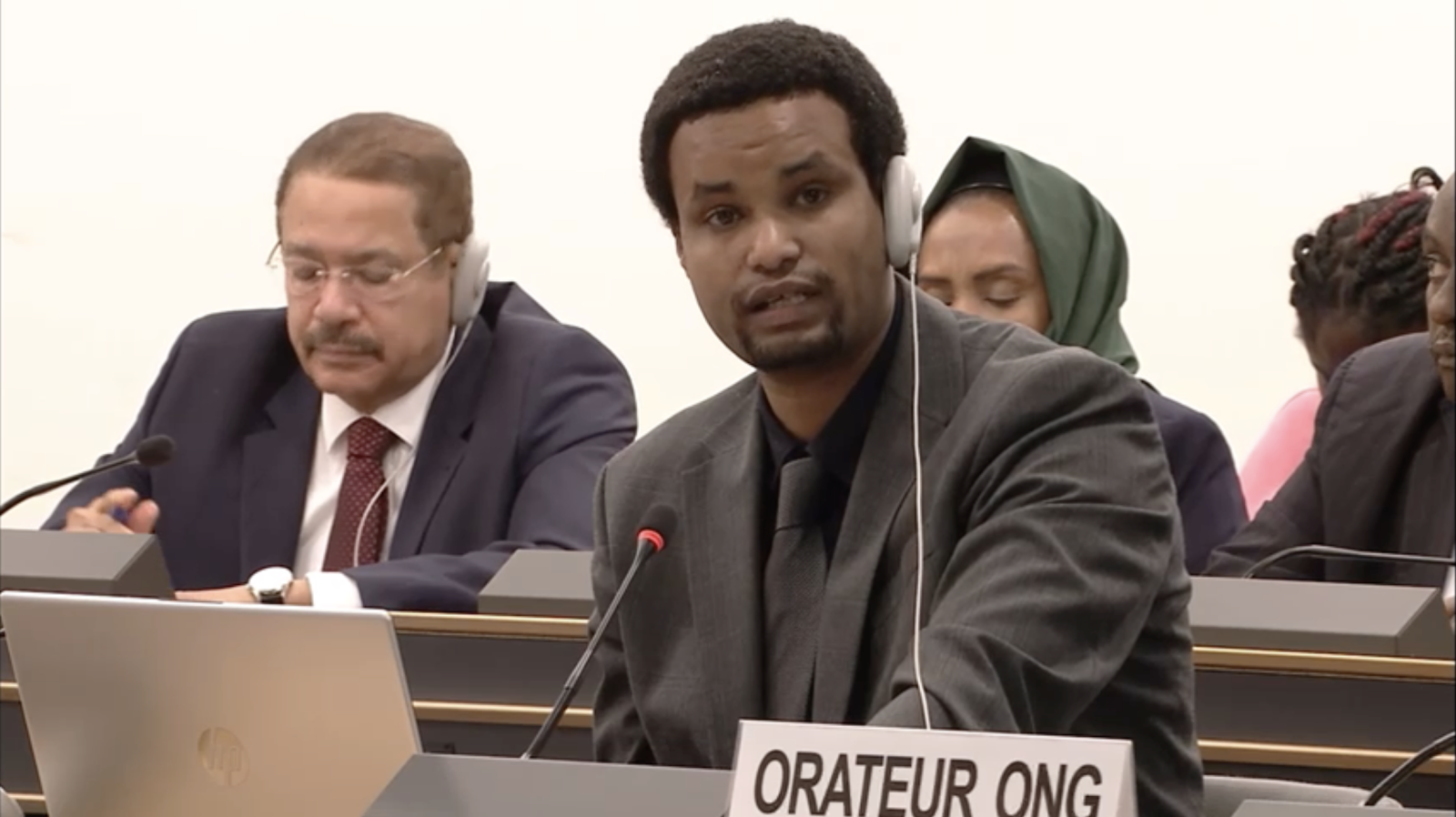The 48th Session of the United Nations Human Rights Council
13 September to 8 October 2021
Item 6: Adoption of the Universal Periodic Review of Denmark - 1 October
Oral Statement of International Organization for the Elimination of All Forms of Racial Discrimination
Delivered by: Karin Heisen
Thank you, President.
We commend Denmark for its exemplary commitment to gender equality. Including the lack of consent in the definition of rape aligned the Danish Criminal Code with the principles of the Istanbul Convention.
Despite measures taken, we are disappointed by the widespread impunity for gender-based violence. The Danish Ministry of Justice estimates that each year, 11,800 women are raped. [1] In 2020, 1,041 rapes were reported to police. Only 109 perpetrators were convicted. [2] How can it be that Denmark, in the past three UPR cycles, has highlighted the steps it takes to combat gender-based violence, yet currently, less than 1% of rapes result in conviction?
Women of colour and migrant women face particular barriers to reporting and accessing justice, which the government denies by citing the measures it has in place or that it has no knowledge of discrimination occurring. Migrant survivors often do not report to police as they fear that their immigration status will be questioned or their immigration permission applications denied.
EAFORD and the Geneva International Centre for Justice call on Denmark to eliminate barriers to reporting, investigation and prosecution of gender-based violence.
We urge the Danish government:
- To strengthen and disaggregate data collection to better understand the nature and scope of gender-based violence;
- Secondly, to improve training of police officers and legal professionals focused on eradicating gender stereotypes and secondary victimisation;
- Thirdly, to step up awareness-raising campaigns and school education to prevent violence;
- And lastly, to increase support for community-based and grassroots activism of black and brown women’s groups to ensure that policies are built around the experience of all women in Denmark.
Denmark needs to make justice the norm, not the exception for gender-based crimes.
Thank you.
[1] https://dkr.dk/Media/637590125192901689/Offerunders%c3%b8gelse%202005-2020.%20Hovedtal.pdf









